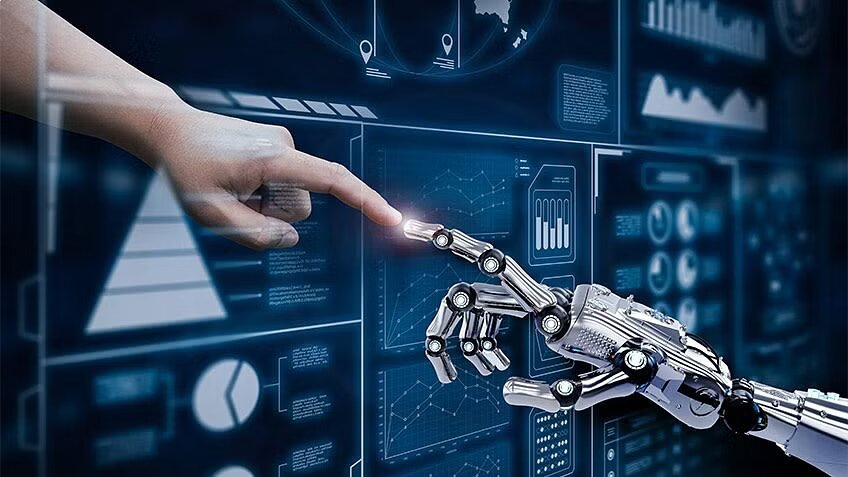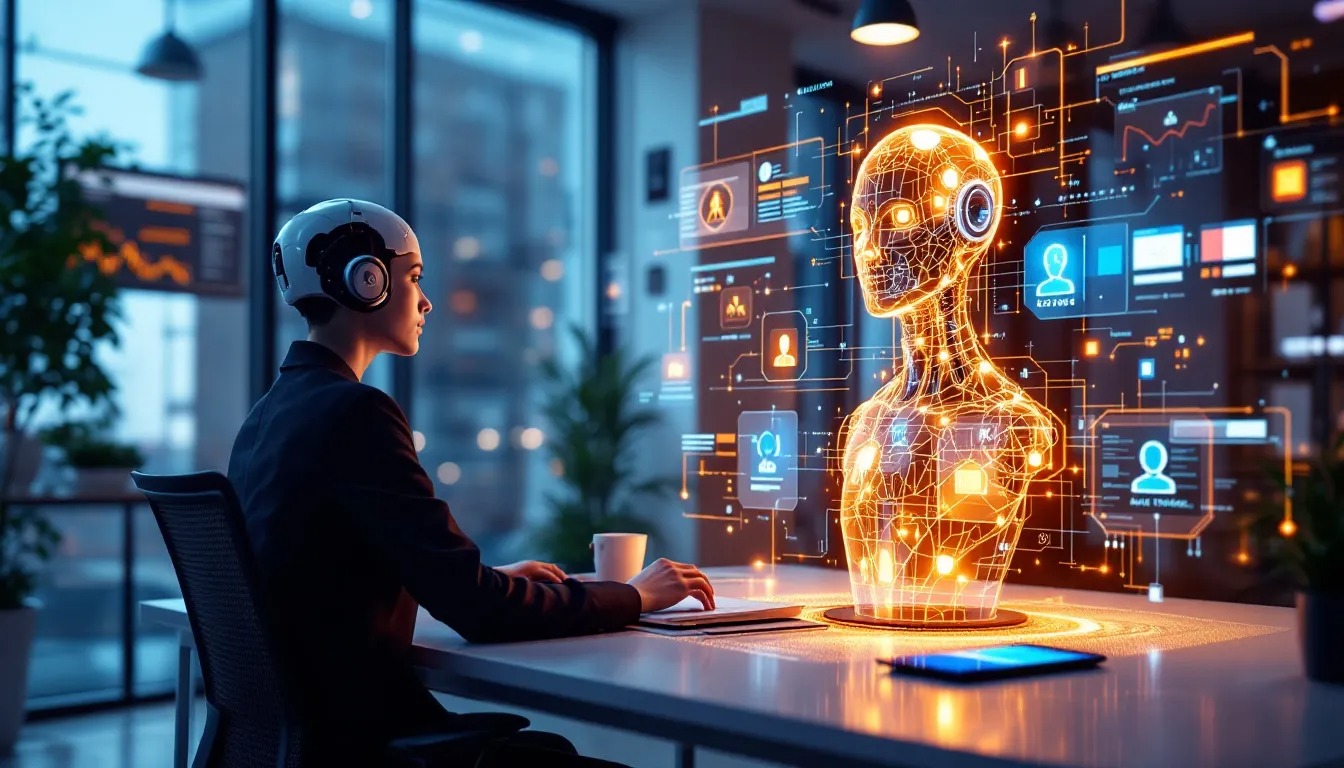In the ever-evolving landscape of healthcare, technological advancements have continually reshaped the industry, and one of the most groundbreaking developments in recent times has been the integration of Deep learning into diagnostic processes. AI-driven healthcare diagnostics are revolutionizing patient care, offering faster, more accurate, and personalized assessments that significantly impact treatment outcomes.
The Power of AI in Healthcare
Artificial Intelligence, coupled with machine learning algorithms, has emerged as a game-changer in healthcare diagnostics. Its ability to swiftly analyze vast amounts of patient data, including medical images, genetic information, and clinical records, has unleashed a new era of precision medicine. Through pattern recognition and predictive analytics, AI can identify subtle indicators of diseases that might go unnoticed by human eyes or traditional diagnostic methods.
Enhancing Accuracy and Efficiency
One of the most compelling advantages of AI-driven diagnostics is its capacity to enhance accuracy and efficiency. For instance, in radiology, AI algorithms can analyze medical images such as X-rays, MRIs, and CT scans, assisting radiologists in detecting anomalies or abnormalities with greater precision. These technologies don’t replace the expertise of healthcare professionals but rather augment their capabilities, significantly reducing the chances of human error and enabling faster diagnoses.
Personalized Medicine
AI empowers healthcare professionals to deliver personalized treatment plans tailored to individual patients. By analyzing a patient’s genetic makeup, medical history, and lifestyle factors, AI algorithms can recommend personalized therapies and predict potential responses to specific treatments. This shift from a one-size-fits-all approach to personalized medicine holds immense promise in improving patient outcomes and minimizing adverse reactions to medications.
Remote Healthcare and Accessibility
The integration of AI in diagnostics has facilitated remote healthcare and increased accessibility to medical services, especially in underserved or remote areas. Telemedicine, supported by AI-driven diagnostics, allows patients to receive preliminary assessments and consultations from healthcare providers without the need for in-person visits. This advancement has been particularly critical during the COVID-19 pandemic, enabling continuity of care while minimizing exposure risks.
Challenges and Ethical Considerations
While AI-driven diagnostics offer tremendous potential, they also come with challenges and ethical considerations. Data privacy, security, and biases within algorithms are critical issues that need to be addressed. Ensuring that AI algorithms are trained on diverse and representative datasets is essential to avoid biases that could disproportionately impact certain demographics.
The Future of AI in Healthcare
The trajectory of AI in healthcare diagnostics is promising. Continued advancements in AI technology, coupled with ongoing research and collaboration between healthcare professionals and technology experts, will further refine and expand its applications. From early disease detection to treatment optimization, AI will continue to transform patient care, making it more precise, accessible, and effective.
AI-driven healthcare diagnostics represent a paradigm shift in the way diseases are diagnosed and treated. The fusion of advanced technology with medical expertise holds the potential to significantly improve patient outcomes, streamline healthcare processes, and make medical services more accessible worldwide. While challenges persist, the promise of AI in revolutionizing healthcare diagnostics cannot be overstated, ushering in a new era of personalized and efficient patient care.

